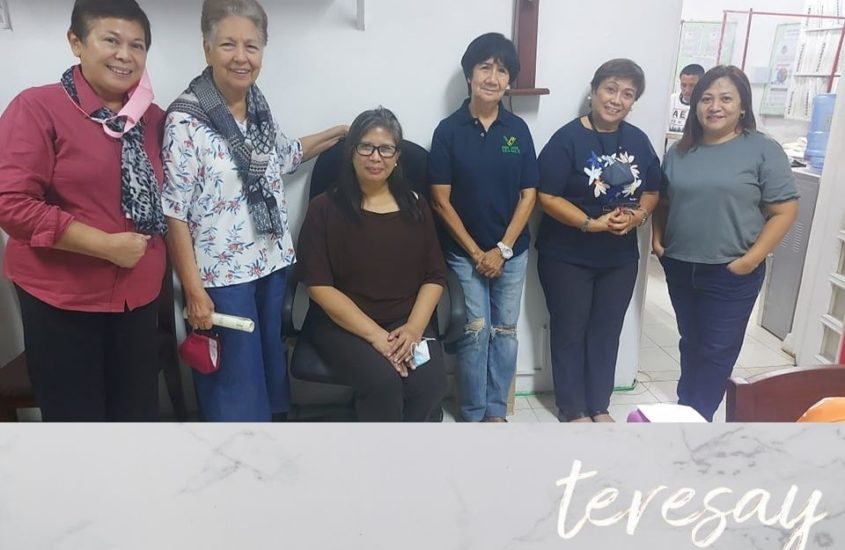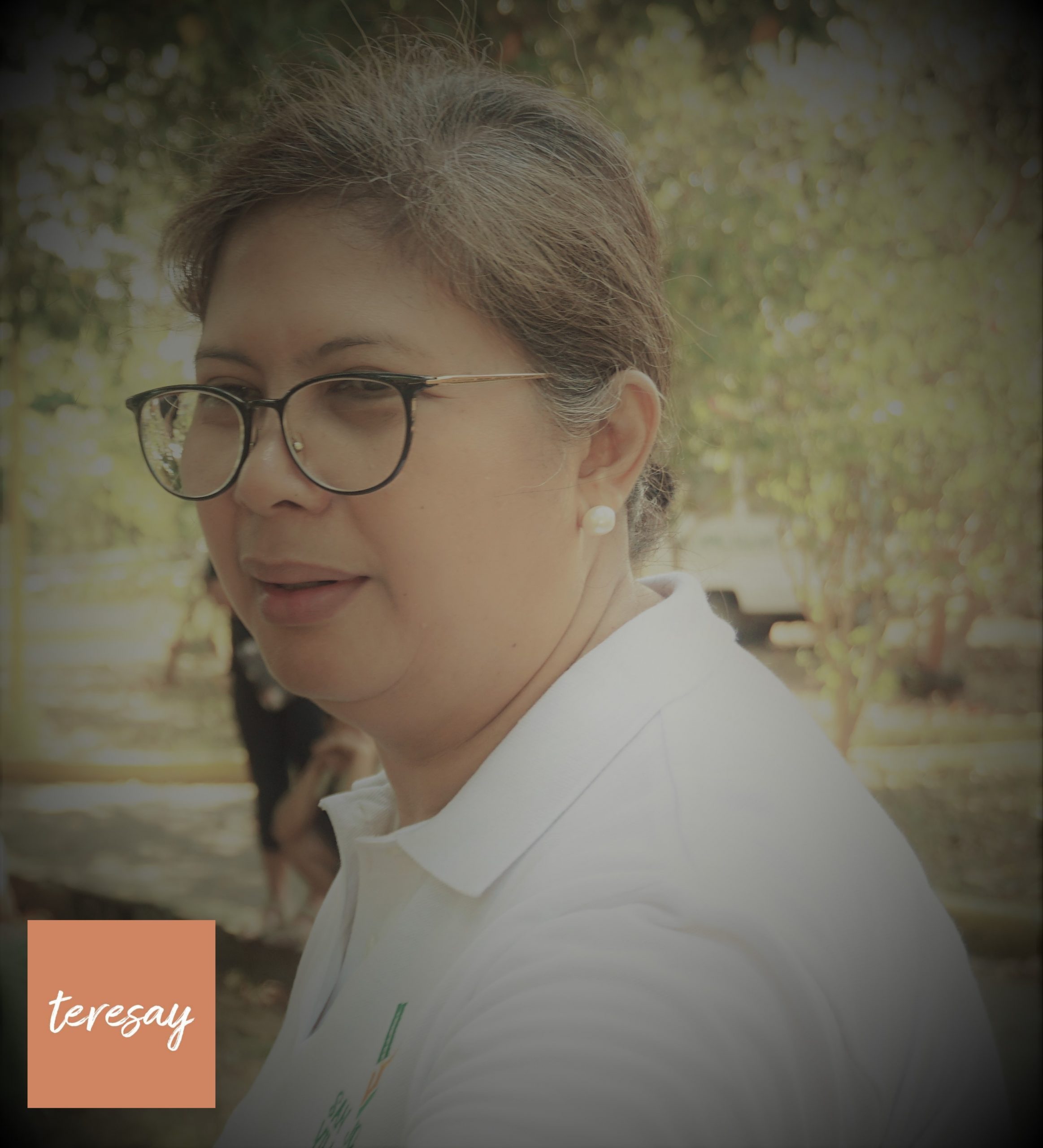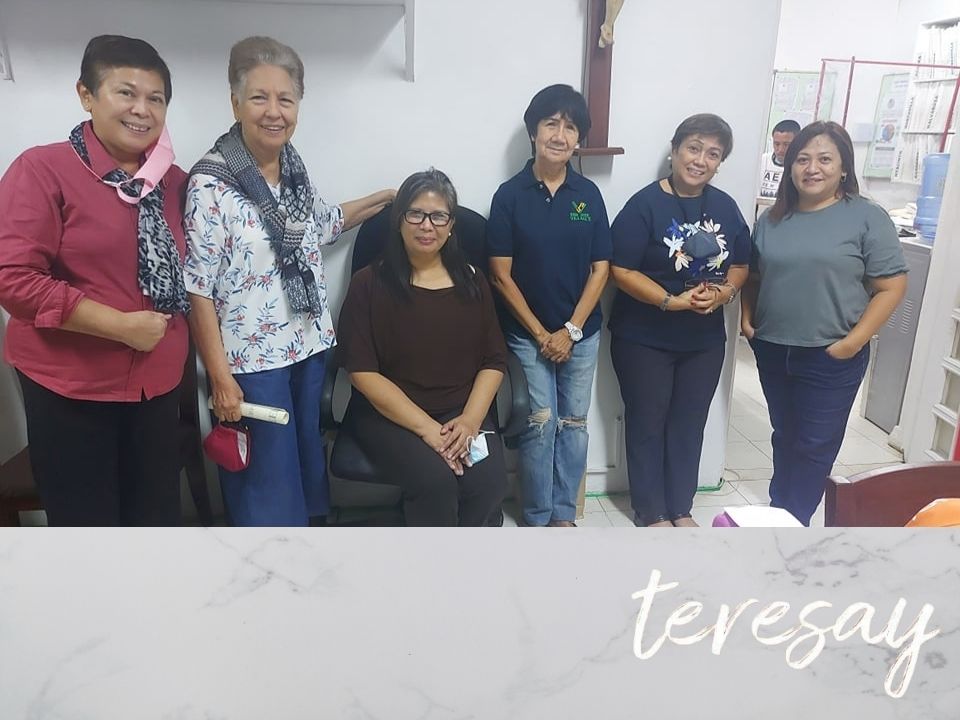Women Empowerment and Village Governance

There is probably no better example of women empowerment in relation to village governance than in the very village where I live. There are six female members including myself, out of the seven Board Directors of the Homeowners Association who accepted the challenge of managing our community not only to ensure that basic services are delivered but also to work on making it an enviable place to live in. It is a responsibility that most people of whatever gender would shy away from, but more so for women like us who have to deal with gender stereotyping, misguided entitlement, and multiple responsibilities.
Gender Stereotyping
The United Nations defines gender stereotyping as “the practice of ascribing to an individual woman or man specific attributes, characteristics, or roles by reason only of her or his membership in the social group of women or men”. It tends to limit what any person can do by virtue of gender. Even in these modern times, leadership roles are still predominantly held by men for being stereotyped as more focused and effective. Women on the other hand often have to deal with being stereotyped as irrational and therefore ineffective as leaders.
Board Members are decision makers. Although the need to have people who are focused and effective cannot be denied, tying-up these qualities to a specific gender has no basis. In the Philippine setting, most of us have been raised to traditional assumptions that a woman’s place is home. It is for this reason that I somehow expect our capabilities to be measured and even questioned by complaining traditional male residents but we found out soon enough that complaining female residents are not much different. It is as if we constantly have to prove that we mean business.
Misguided Sense of Entitlement
One common challenge that officials of Homeowners Association have to face is the misguided sense of entitlement that some homeowners display at the slightest excuse. These are people who equate property ownership with absolute rights to do anything they please. They see rules put in place for the good of the community but not to their personal liking as a major deterrent to their happiness.
In their eyes, the Association has been created to cater to their every whim, the employees hired to serve their every need, and the Directors to adjust policies to fit their every request (or demand). Complaints come in when such expectations are not met. So where does our gender come into play in these situations? Pretty much the same as the above.
Multiple Responsibilities
Like most women, the six of us are dealing with other responsibilities with our regular work, family, and ourselves while serving in the Association. All of us are multi-tasking so every thing gets done. It is very common for us to perform our tasks even while under stress due to regular work schedules, personal health concerns, and family priorities.
This group of women reinforced my belief that women are inherently very strong because of this capability to push forward even when faced with many challenges. We do not stop being mothers, grandmothers, sisters, daughters, employees, employers, plus ourselves, just because we serve the community. We actually become more, because.
My Say
In the context of leading a Homeowners Association, willingness to serve and carry out approved policies is a monopoly of neither men nor women. Often times, it is the preconceived traditional roles of men and women that block the acceptance. With the courage and tenacity being exhibited by my fellow women Directors, I believe that is the least of our problems.
I wish to recognize them especially today as we celebrate International Women’s Day with full recognition of the help extended by our lone male Director. Women empowerment is alive in our village governance as we incorporate female strengths in performing roles traditionally dominated by males. We are women and we do not apologize for that.

















Ricardo
Wow! Girl power!